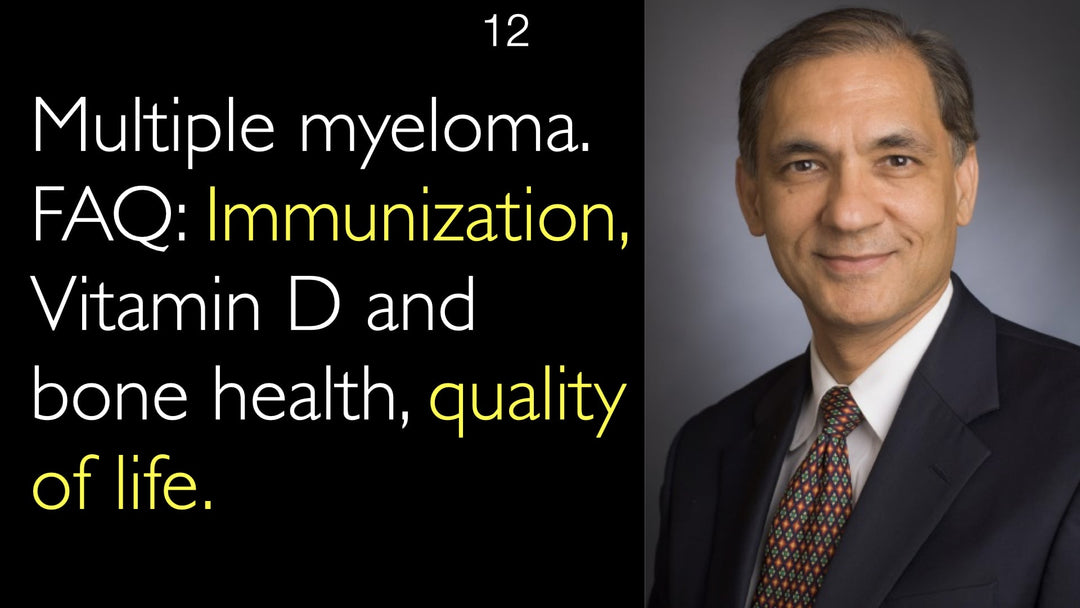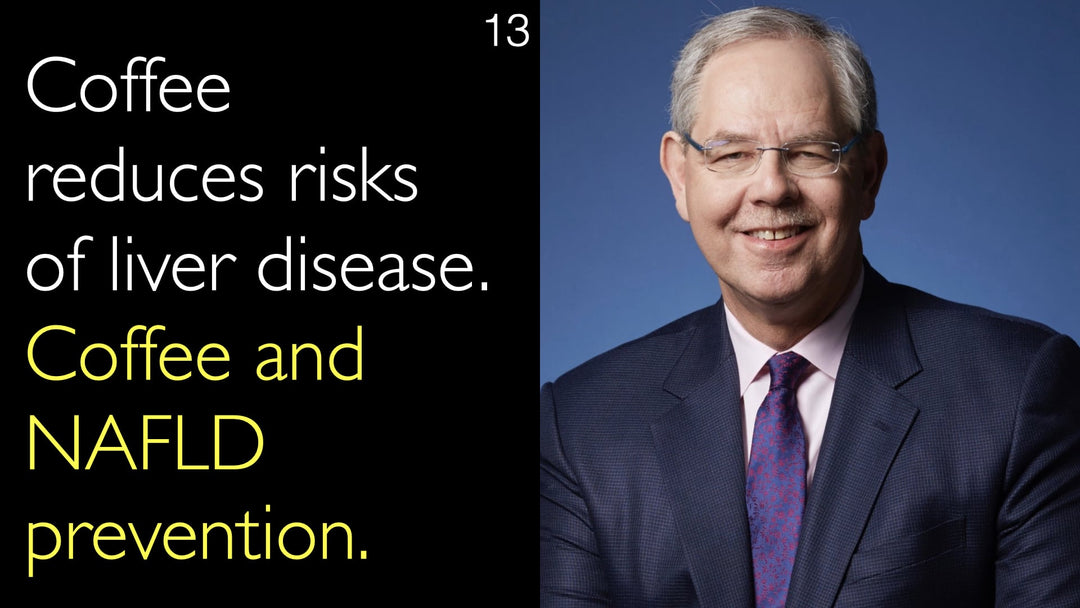מומחה מוביל ברפואת ילדים ראומטולוגית, ד"ר רנדי קרון, MD, מסביר את תפקיד התזונה והתזונה בדלקת מפרקים ילדים. הוא מבהיר תפיסות מוטעות נפוצות לגבי ילדים שגדלים מתוך דלקת מפרקים אידיופטית של גיל הילדות (JIA). ד"ר רנדי קרון, MD, דן בחשיבות משקל תקין ותזונה מאוזנת לבריאות המפרקים. הוא מספק ציפיות מציאותיות לגבי הפוגה במחלה וטיפול ארוך טווח עבור מטופלים צעירים.
דיאטה, פרוגנוזה ושאלות נפוצות של מטופלים בדלקת מפרקים juvenil
קפיצה לסעיף
- דיאטה ותזונה בדלקת מפרקים juvenil
- ניהול משקל לבריאות המפרקים
- מיתוס ה"גדילה מחוץ" לדלקת מפרקים juvenil
- JIA מערכתית ושיעורי הפוגה
- ניהול מחלה ארוך טווח
- אפשרויות טיפול והפוגה
- תמלול מלא
דיאטה ותזונה בדלקת מפרקים juvenil
ד"ר רנדי קרון, MD, מתייחס לאחת השאלות הנפוצות ביותר מהורים regarding דיאטה ודלקת מפרקים juvenil. משפחות שואלות לעתים קרובות אם שינויים תזונתיים ספציפיים יכולים לשפר את המצב הדלקתי של ילדם. ד"ר רנדי קרון, MD, מסביר כי בעוד שתזונה בריאה חשובה, אין מאכלים ספציפיים המפחיתים דרמטית דלקת מפרקים.
הוא מציין כי למעט חולי צליאק, שם דיאטה נטולת גלוטן מפחיתה דלקת, לרוב ההתערבויות התזונתיות תוצאות מוגבלות. מחקרים מוקדמים מסוימים הציעו שחומצות שומן אומגה-3 מדגים שמנוניים כמו סלמון עשויות להיות בעלות השפעות אנטי-דלקתיות. עם זאת, ד"ר רנדי קרון, MD, מדגיש שהשפעות אלה מזעריות בהשוואה לתרופות מודרניות כמו מעכבי TNF.
ניהול משקל לבריאות המפרקים
ד"ר רנדי קרון, MD, מדגיש את החשיבות של שמירה על משקל בריא לילדים עם דלקת מפרקים. משקל עודף מעמיס עומס נוסף על המפרקים, ומחמיר תסמיני דלקת מפרקים ללא קשר לדלקת הבסיסית. דיאטה מאוזנת עם פירות וירקות תומכת בבריאות כללית.
ד"ר קרון מתייחס specifically לצרכים התזונתיים של נערות מתבגרות עם דלקת מפרקים juvenil. הבטחת צריכת ברזל מספקת חשובה במיוחד עבור קבוצה דמוגרפית זו. במהלך שיחתו עם ד"ר אנטון טיטוב, MD, הוא מחזק כי בעוד תזונה תומכת בבריאות, היא אינה מחליפה טיפול רפואי לשליטה בפעילות המחלה.
מיתוס ה"גדילה מחוץ" לדלקת מפרקים juvenil
ד"ר רנדי קרון, MD, מתעמת עם המיתוס העקשני שילדים "גדלים מחוץ" לדלקת מפרקים juvenil. הוא מסביר כי מידע מיושן זה ממשיך להסתחרר למרות עדויות סותרות. רוב הילדים עם דלקת מפרקים idiopathica juvenil לא "יגדלו מחוץ" למצבם.
ד"ר רנדי קרון, MD, מדגיש את החשיבות של הצבת ציפיות ריאליות למשפחות. הוא נמנע מלהגיד להורים שילדם "יגדל מחוץ" לדלקת מפרקים כי זה יוצר תקוות שווא עבור רוב המטופלים. המחלה typically ממשיכה לבגרות, ודורשת מעבר לטיפול ראומטולוגי למבוגרים.
JIA מערכתית ושיעורי הפוגה
ד"ר רנדי קרון, MD, דן בתת-קבוצה ספציפית של מטופלים עם דלקת מפרקים idiopathica juvenil מערכתית. כשליש מהילדים עם JIA מערכתית עשויים לחוות הפוגה של המחלה within שישה חודשים. עם זאת, JIA מערכתית מהווה only about 10% מכלל מקרי JIA.
זה אומר שרק מיעוט קטן מאוד של ילדים עם דלקת מפרקים juvenil truly "גדלים מחוץ" למצבם. ד"ר רנדי קרון, MD, מציין כי רופאים cannot לחזות אילו מטופלים עשויים להשיג הפוגה ספונטנית. השיחה עם ד"ר אנטון טיטוב, MD מבהירה שאפילו מקרים נדירים אלה של הפוגה אינם מייצגים תוצאה צפויה עבור רוב המשפחות.
ניהול מחלה ארוך טווח
ד"ר רנדי קרון, MD, מסביר שדלקת מפרקים juvenil היא typically מצב כרוני הדורש ניהול ארוך טווח. רוב המטופלים ממשיכים לחוות פעילות מחלה into בגרות ועוברים לראומטולוגים למבוגרים. רצף טיפול זה מבטיח ניהול נכון throughout תוחלת החיים.
מטרת הטיפול shifts מ"גדילה מחוץ" למחלה להשגת הפוגה מתמשכת. ד"ר רנדי קרון, MD, מדגיש שטיפולים מודרניים יכולים לשלוט effectively בתסמינים ולמנוע נזק מפרקי. מעקב קבוע עם מומחי ראומטולוגיה remains חיוני לתוצאות מיטביות.
אפשרויות טיפול והפוגה
ד"ר רנדי קרון, MD, דן באפשרויות הריאליות להשגת הפוגה בדלקת מפרקים juvenil. בעוד שהחלמות מלאות remain חמקמקות, תרופות מודרניות יכולות to induce שליטה משמעותית במחלה. many מטופלים משיגים הפוגה off תרופות for משכי זמן שונים.
some ילדים עשויים לחוות הפוגה ללא תרופות for תקופות קצרות, while אחרים נהנים משנים without מחלה פעילה. ד"ר רנדי קרון, MD, מזהיר כי מכיוון שדלקת מפרקים יכולה to reactivate, תקופות these shouldn't להיחשב as החלמות. הדיון עם ד"ר אנטון טיטוב, MD מדגיש מחקר מתמשך into שימוש חכם יותר בתרופות וטיפולים חדשניים that may eventually לספק פתרונות קבועים יותר.
תמלול מלא
ד"ר אנטון טיטוב, MD: מהן שתיים או שלוש השאלות העיקריות שמטופלים שואלים אותך, הורים של מטופלים? כי אתה מטפל במטופלים pediatric? מהן השאלות שמטופלים should לשאול, but אולי הם לא עושים זאת as often as they should?
ד"ר רנדי קרון, MD: אני would לומר אחת השאלות הנפוצות ביותר שאנו מקבלים היא, איך אנחנו can לשנות את הדיאטה? האם יש משהו שאנחנו can לעשות לפי מה שאנחנו מכניסים לפה הילד שלנו, for example, that will לעזור למחלה שלהם? ואלוהים, if there was משהו that we could להגיד להם or לתת להם, we'd be הראשונים to do it.
But there really isn't, unfortunately, other than אכילת דיאטה בריאה basic, which is always רעיון טוב. being overweight is also going to להקשות on your joints, whether you have arthritis or not. It certainly makes it worse if you have arthritis.
So being a healthy weight is important. A well-rounded diet with fruits and vegetables is right, and making sure if you're a girl, particularly a teenage girl, getting enough iron in your diet by some measure.
But in terms of the inflammation, there aren't any great diets out there. Now, having said that, if you have celiac disease and a subset of patients do, then yeah, you want to be gluten-free to cut back on that type of inflammation.
But for the most part, there aren't great things. There was some data, although there's more recent data that suggests that may not be true, that omega-three fatty acids, like you would see in certain oily fish, like salmon, for example, may have anti-inflammatory effects.
But some of the early big studies that demonstrated that showed you need to take a lot of it, which is okay if you don't mind fish breath with those giant horse pills taken multiple ones per day. Maybe roughly equivalent to like a baby aspirin a day.
So it's not like they did nothing, but relative to things like a TNF inhibitor, not much. But okay, and people want to eat their way to health, and it's understandable. You would want people to believe that, gosh, I just changed my diet, this will get better.
And like I said, as clinicians, we would hope that would be the case, too. But for the most part, that's not the case. But maybe time will tell; maybe we'll learn something that we will. But I think we probably would have figured this out by now.
That's probably one of the most common questions we get. Another question, particularly for children with arthritis, which is for a pediatric rheumatologist our most common chronic disease that we take care of, they will ask, will my child outgrow this?
And that's because this used to be told to families that they will outgrow this. And it's not really true, unfortunately, for the most part. And so I personally don't tell them that they will outgrow it because for the bulk of the patients, that's not going to be true.
If they outgrew it, yay, great! But I don't want to give them false expectations. The one subset of kids under the Juvenile idiopathic arthritis umbrella that actually do have the disease go away within six months is maybe a third or a small subset of the one subset of kids with the systemic form of disease, the systemic JIA, the kids at risk for macrophage activation syndrome, for example.
Approximately one-third of those. And they already make up only about 10% or one in 10,000. So maybe one in 30,000 kids with JIA will outgrow it. We have no idea which of those kids are. Maybe it's a severe illness, maybe it's the mildest. We just don't know.
But for the most part, kids have chronic disease, and it goes into adulthood, and they're taken care of by adult rheumatologists after they graduate out of our pediatric clinics.
That's not to say we can't get them into remission. We can often get them into remission off drugs, sometimes for short periods of time, sometimes for years at a time. But because it can come back, I still don't think it's fair to call it a cure.
But someday, hopefully, we will have approaches either with the drugs we have now, a smarter way of using them, or with novel therapies to get them to cure them. But at this point, we don't really have a cure for diseases.
So that's the other common question: will my child outgrow this? And it's still out there, even in the pediatric community, that kids will outgrow this. But for the most part, that's not true, at least for juvenile arthritis, and actually for many of our rheumatic conditions.






